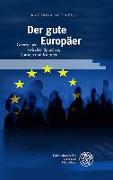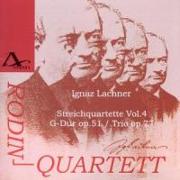German-American cooperation in Post-Cold War conflicts
BücherAngebote / Angebote:
Seminar paper from the year 2006 in the subject Politics - Miscellaneous, grade: 1, 7, Friedrich-Alexander University Erlangen-Nuremberg (Institut für Politikwissenschaft), course: Germany and the U.S. - Compared and Related, language: English, abstract: What happened to German-American relations after the Cold War ended? Or more specifically, where and why did the Germans and Americans cooperate and follow common goals, where and why didn't they? The Germans used to have a very positive attitude towards America. It represented strength, liberty, equality, prosperity and security which people in Germany and certainly many other countries admired.
But suddenly the named values weren't received as good and useful qualities anymore. In contrary, America's demonstrations of power suddenly conveyed the apparent wish to rule the world, the desire to appear superior and to monopolize control.
Germany shows a rather peaceful and mediating approach to international conflicts. This is partly due to historical experience, esp. during the last 50 years when old enmities to other countries, like France for instance, could successfully be buried by negotiating and signing various contracts which eventually tied them together in trade, defense, security and other matters.
This attitude though is clearly opposed to America's mostly military strategy (and nowadays Bush's sort of "attack is the best defence" principle) which again could be explained with positive historical experience since from the American point of view the Cold War was won mainly by military strengh and persistence.
These basic conditions must be considered when trying to give reasons for cooperation or dissociation between Germany and America after the Cold War.
Folgt in ca. 10 Arbeitstagen




